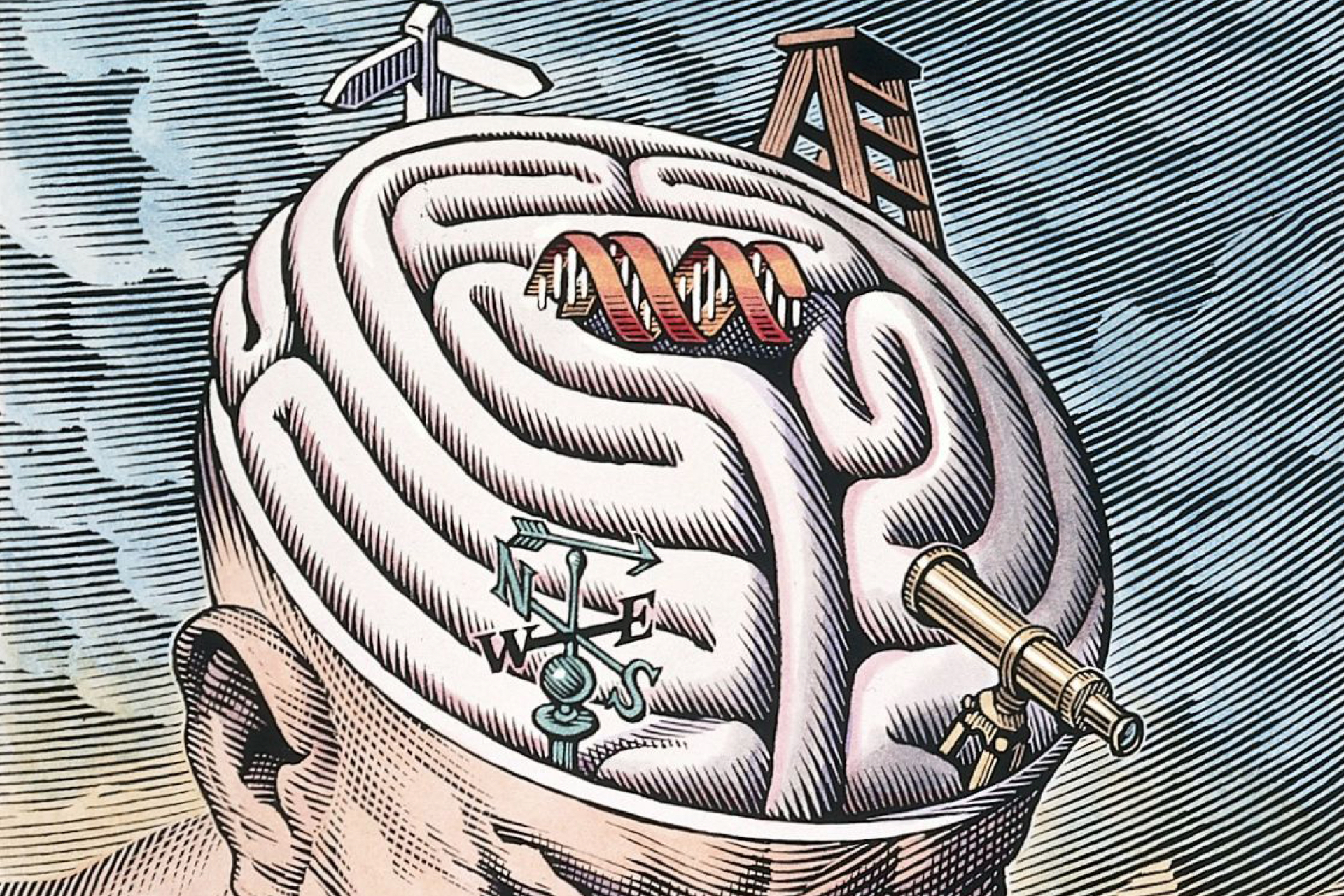Scientists based at Hong Kong University have found a way to identify traces of fetal DNA in a pregnant woman's blood, bringing non-invasive prenatal testing a step closer. The researchers, who published their findings in the Proceedings of the National Academy of Sciences, have developed a new technique for distinguishing 'free' fetal DNA from maternal DNA in the mother's bloodstream.
Currently, tests for Down syndrome and genetic conditions such as cystic fibrosis rely on taking fetal cell samples, using either amniocentesis or CVS. Both techniques involve injecting a needle into the womb, and so carry a small risk of miscarriage. Because of this, researchers have been trying for some time to develop a non-invasive technique for carrying out genetic tests during pregnancy.
It was already known that a small number of cells from the fetus always find their way into the mother's bloodstream, where they are attacked by the maternal immune system. As a result, an estimated 3-5 per cent of the 'free' DNA in the mother's plasma comes from the fetus. In the latest study, the scientists identified key chemical differences between maternal and fetal DNA which, importantly, seem specific to pregnancy. The team found that the mother's version of a gene called maspin was far more 'methylated' than the fetal version. They could detect unmethylated fetal DNA in all three trimesters of pregnancy, but found that it disappeared within 24 hours of birth.
Team leader Professor Dennis Lo said that the study represents 'a significant step forward'. Using 'epigenetic' markers such as methylation differences to identify fetal DNA offers the prospect of a safer and earlier way to screen the fetus for genetic disorders, he said. However, a spokesman for the charity Life has expressed concern about how the new technology would be used. 'Prenatal genetic testing has proved to be a decidedly mixed blessing, and is increasingly being used to promote an unabashedly eugenic agenda, involving the arbitrary destruction of any life seen as imperfect or burdensome on the rest of society', he told the BBC news website.
UK fetal DNA researcher David Liu, of City Hospital in Nottingham, told the BBC: 'The team in Hong Kong have found a way of picking out what is baby and what is mother, by looking at a molecular biology level'. He said the next step was to find out how the technique works 'in the clinical arena', stressing 'although cells can be picked out, the researchers need to find out whether it will be applicable for testing for the various conditions we are looking at'. He added that 'the tests we have at the moment are invasive, and carry a risk of miscarriage. Obviously, if we can avoid that, it would be better'.
Sources and References
-
Safer test for unborn babies hope
-
Scientists close to safer testing of unborn babies






Leave a Reply
You must be logged in to post a comment.